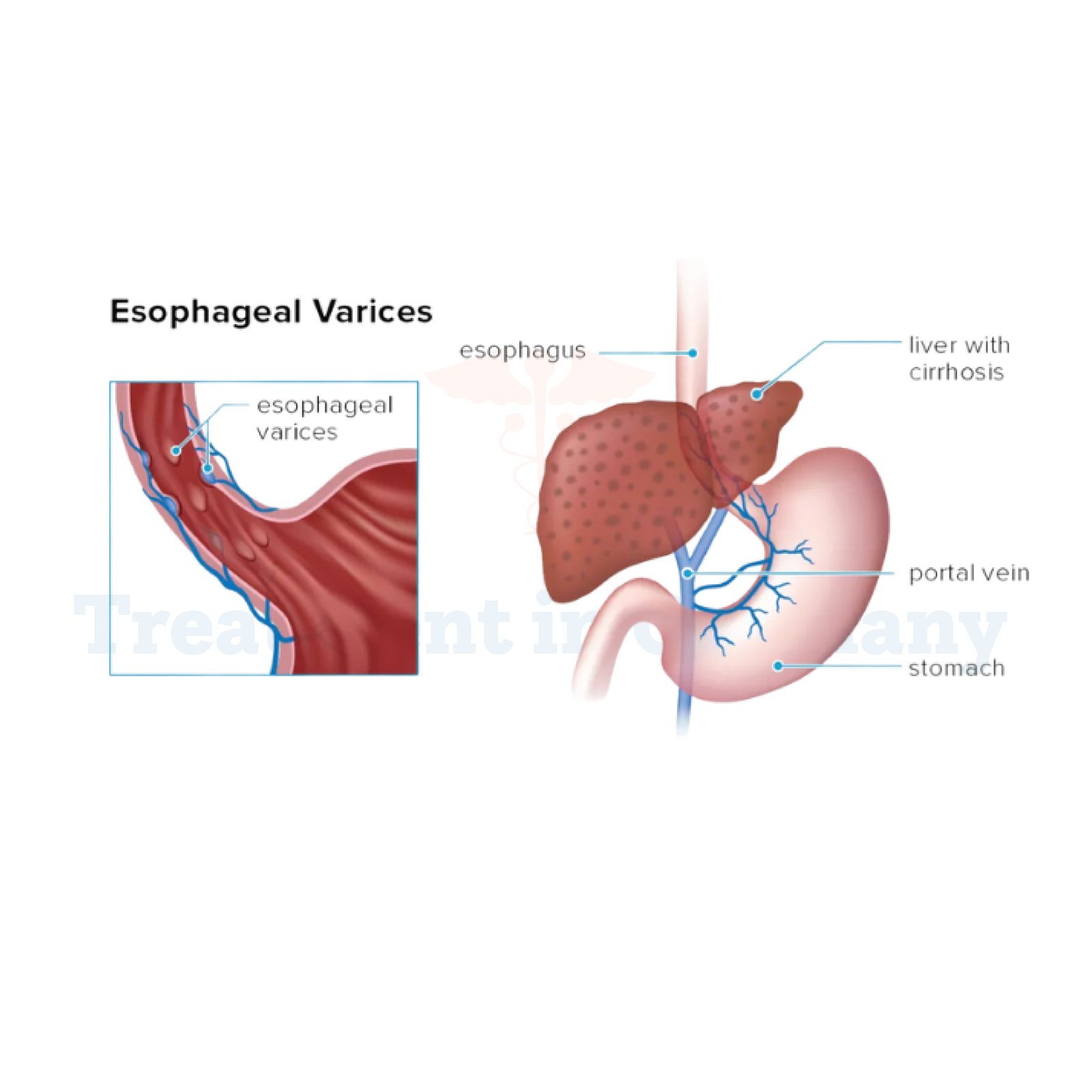What Are Varices?
Varices are dilated veins that occur in various parts of the body, commonly in the esophagus, and are often associated with serious liver conditions.
Esophageal varices, in particular, are swollen veins in the lining of the esophagus, which can develop due to increased blood pressure in the portal vein (portal hypertension). This condition is frequently linked to liver diseases such as cirrhosis.
Side Effects of Varices
The primary concern with esophageal varices is their potential to bleed, which can be a life-threatening emergency. The side effects and complications associated with esophageal varices include:
- Bleeding: The most severe complication, often manifesting as vomiting blood or passing black, tarry stools. This requires immediate medical attention.
- Anemia: Chronic bleeding can lead to anemia, causing fatigue, weakness, and shortness of breath.
- Swallowing Difficulties: In some cases, varices can cause discomfort or difficulty when swallowing.
- Esophageal Irritation: Varices can contribute to irritation and inflammation of the esophageal lining, leading to pain or discomfort.
How Are Varices Diagnosed?
Diagnosing esophageal varices involves several methods:
- Endoscopy: The primary diagnostic tool, where a flexible tube with a camera (endoscope) is inserted through the mouth to view the esophagus and identify varices.
- Ultrasound: Often used to assess liver function and portal hypertension, helping to determine the underlying cause of varices.
- CT Scan or MRI: These imaging techniques can provide detailed views of the liver and blood vessels, aiding in the diagnosis and evaluation of varices.
- Blood Tests: To evaluate liver function and check for signs of liver disease or complications.
Potential Treatment for Varices
Treatment of esophageal varices aims to prevent bleeding and manage complications. Common approaches include:
- Medications: Drugs such as beta-blockers can help reduce portal hypertension and decrease the risk of bleeding.
- Endoscopic Therapy: Procedures like band ligation or sclerotherapy involve using an endoscope to place bands around the varices or inject a solution to shrink them.
- Transjugular Intrahepatic Portosystemic Shunt (TIPS): A procedure to create a new pathway for blood flow in the liver to reduce portal hypertension.
- Liver Transplant: In cases where liver disease is advanced, a transplant may be considered to address the root cause of the varices.
👉 Contact us for further information and receive a complimentary consultation.


.webp)
 (1).webp)

.webp)
 (1).webp)


.webp)
 (1).webp)

.webp)
 (1).webp)
